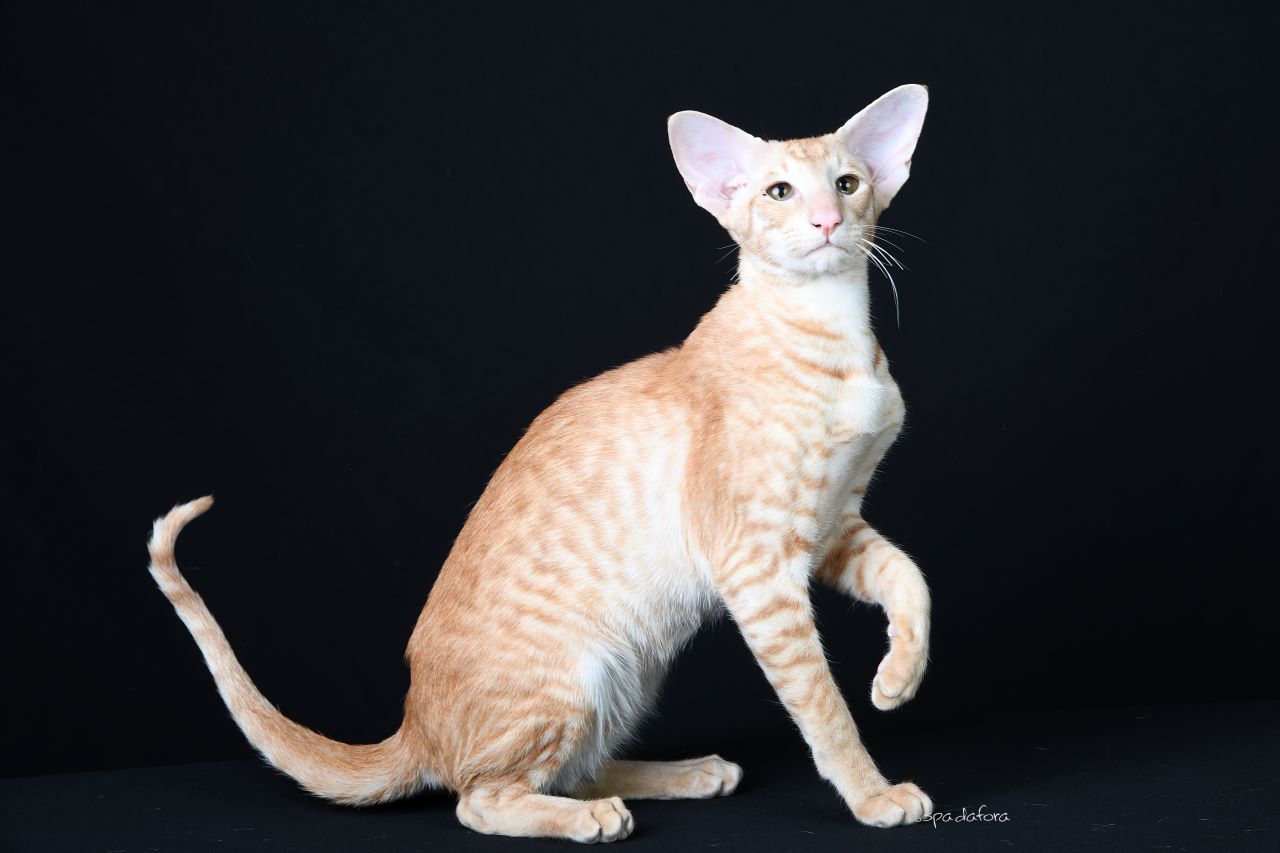Your pet’s health and longevity
 The average lifespan of spayed and neutered cats is demonstrably longer than the lifespan of those not.
The average lifespan of spayed and neutered cats is demonstrably longer than the lifespan of those not.
The reduced lifespan of unaltered pets can, in part, be attributed to an increased urge to roam (exposing them to fights with other animals resulting in injuries and infections), to trauma from vehicle strikes and to other accidental mishaps.
A contributor to the increased longevity of altered pets is their reduced risk of certain types of cancers. Intact female cats and dogs have a greater chance of developing pyometra (a potentially fatal uterine infection) and uterine, mammary gland and other cancers of the reproductive system. Neutering male pets eliminates their risk of testicular cancer and results in lower rates of prostate cancer.
Curb unwanted behaviours
 Cats urge to spray is extremely strong in those not altered, so the simplest solution is to alter by 5/6 months old before the problem arises. Neutering solves 90% of all marking issues, even in cats that have been doing it for a while. It can also minimize howling, the urge to roam and fighting with other males.
Cats urge to spray is extremely strong in those not altered, so the simplest solution is to alter by 5/6 months old before the problem arises. Neutering solves 90% of all marking issues, even in cats that have been doing it for a while. It can also minimize howling, the urge to roam and fighting with other males.
The longer you wait, the greater the risk of the surgery not doing the trick because the animal has practiced the behaviour for a longer period of time, thereby reinforcing the habit.
Other behavioural problems that can be alleviated by spay/neuter include:
- Roaming, especially when females are in heat
- Excessive vocalizing and mounting activity
While having your cats spayed/neutered can help curb undesirable behaviours, it will not change their fundamental personalities.
Why do breeders demand to spay/neuter from buyers
Why you should spay your cat?
 Spaying helps prevent uterine infections and breast tumors, which are malignant or cancerous in about 90 percent of cats. Spaying your pet before her first heat offers the best protection from these diseases.
Spaying helps prevent uterine infections and breast tumors, which are malignant or cancerous in about 90 percent of cats. Spaying your pet before her first heat offers the best protection from these diseases.
Neutering your male companion prevents testicular cancer and some prostate problems.
By spaying or neutering your cat, you can help protect them against the above illnesses and help address unwanted behaviours.
Also breeders try to prevent unplanned and irresponsible breeding. If a breeder has a kitten of breeding quality, it will likely be sold as a co-owned cat and the breeder will serve as a mentor to the buyer if the cat ends up ACTUALLY being breeding quality (or may request spay/neuter if it works out otherwise). it really depends on the situation!
Depending on your resume and experience as a breeder, you may not need to co-own a stud or a queen, but it is at the discretion of the breeder selling the kitten.
It is a measure to help control the lines and reduce people breeding irresponsibly or accidentally. If breeding is on your “maybe” list that is something to talk to the breeder about so arrangements could be made if you were actually a good fit for owning a breeding quality cat.
If a breeder is selling a cat as a pet quality kitten, they have determined that kitten is not appropriate quality for breeding and since they are selling it to a pet owner, who presumably has no idea re: cat breeding, they don’t want someone non-knowledgeable breeding a cat they bred and doing a crappy job.






